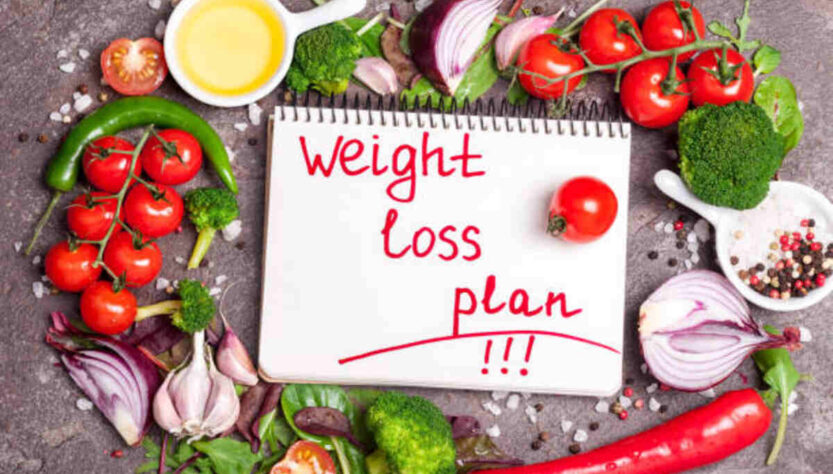Cleansing stubborn burned-on food from pots and pans doesn’t need to be a tedious or overwhelming; soak them to loosen and dissolve any hardened bits more quickly for easier wiping off.
Vinegar is an effective natural solvent to decompose grease and grime buildup on surfaces like stovetops and baking pans and remove stains from them.
Dishwasher Detergent
Dishwasher detergent is an effective cleaning agent designed to remove baked-on food. Available in liquid, powder, and tablet forms – some brands even work specifically with challenging water conditions – when selecting yours, consider its ingredients, type, amount, and cost per load when selecting your detergent.
Hydrogen peroxide or baking soda may also work to dissolve grease effectively, while when combined with an abrasive scrubbing pad or brush, they make removal much more straightforward. Regular maintenance to prevent further grease build-up should also be conducted regularly to maintain an ideal environment.
Seventh Generation dishwashing gel offers an eco-friendly option for cleaning dishes. Made with plant-based ingredients and free from phosphates and dyes, it can be used by simply sprinkling it on stain areas before rubbing in with a sponge or scrub brush – or you can spray onto stain spots directly and rub in. With 42-ounce and 70-ounce sizes, its lemon scent makes for pleasant cleaning sessions across nonstick pans as well as stainless steel pans; additionally, it is safe for septic systems, and it can even be reused multiple times over.
Hydrogen Peroxide
Hydrogen peroxide is safe on all oven surfaces, such as stainless steel. It effectively dislodges baked-on food while acting as an effective disinfectant – making hydrogen peroxide an indispensable ingredient for DIY home remedies and eco-friendly cleaning solutions.
Hydrogen peroxide, in its purest form, is an odorless liquid with the chemical formula H2O2. What sets hydrogen peroxide apart from water lies in an extra oxygen molecule which allows it to accept electrons and thus oxidize substances; at low concentrations, this makes hydrogen peroxide an effective bleaching agent and antiseptic solution.
Your medicine cabinet might already contain it, or your parent might have used the bubbly liquid on your scraped knee as an antiseptic to kill germs. Sarah Pickering Beers, MD, says 3% hydrogen peroxide can be used to clean and disinfect various household items – from glass and stainless steel bakeware to upholstery items – when diluted, it makes an adequate replacement for harsh commercial cleaning products that contain harsh chemicals.
Baking Soda
Baking soda (or sodium bicarbonate, as it’s known) is more than just an edible leavening agent; it’s also a fantastic cleaner! Baking soda acts as an alkaline base substance that deodorizes and freshens like no other solution available today.
Baking soda’s effectiveness lies in its chemical properties: it can neutralize odors, remove stains, and dissolve grease while serving as an effective yet gentle abrasive when mixed with other cleaning solutions.
An effective paste of water and baking soda can quickly remove stubborn grease stains on pots and pans. Combine equal parts of both ingredients and apply to stained areas before leaving for 30 minutes to set before rinsing with hot water using a sponge.
Make an all-purpose kitchen spray using 1.5 cups of baking soda combined with 1 cup of liquid Castile soap and 2 tablespoons of vinegar in a reusable spray bottle, and 1.5 cups of warm water to make a versatile all-purpose cleaner spray. Watch as it fizzes away dirt while emitting carbon dioxide; once mixed, shake the bottle until complete before filling with warm water to get your finished product!
Vinegar
Vinegar is one of the most iconic kitchen staples, and chances are it’s in your pantry right now. Not only can it bring its tart, sweet taste, and aroma, but it can also help remove baked-on food as a natural cleaner without using harsh chemicals.
The acidity makes citric acid an invaluable asset in baking recipes such as cakes, meringues, and icings, while its edge also aids food preservation efforts and cleaning surfaces from food stains.
Distillation or bacterial fermentation are used to produce vinegar; the latter option makes up 10% of global production and is essential as some international food purity laws stipulate that vinegar must contain an acetic acid of biological origin.
White vinegar offers many practical applications around the home beyond food preparation or eating, such as polishing copper, pewter, and brass or keeping cut flowers fresh for longer. Furthermore, it serves as an efficient cleaning agent on many household surfaces and appliances.
Salt
Salt can be an impressively effective alternative to traditional scrubbing techniques. It works as a natural soaking agent that breaks down grease deposits while serving as a mild abrasive. Salt works especially well at removing baked-on food from glass and stainless steel pans; it can also be used on other surfaces as needed.
Various cleaning agents can be used on food-contact surfaces, but it’s essential to consider their strength and efficacy before selecting one. A mixture of soap and water may suffice for light stains; however, ammonia and oven cleaners are robust cleaning solutions designed to break down and dissolve these hard-to-reach food residues.
Another effective solution for cleaning baked-on food residue is applying a paste of cream of tartar and vinegar on the surface being cleaned, allowing it to sit for some time, and then wiping it off before continuing with routine washing procedures. Rubging is not advised as this may damage its surface.
